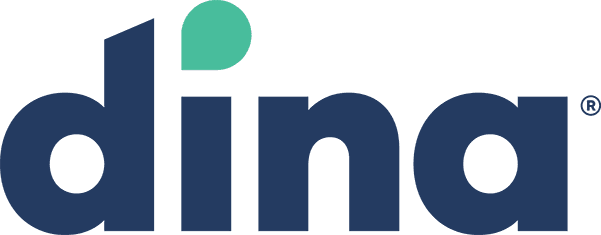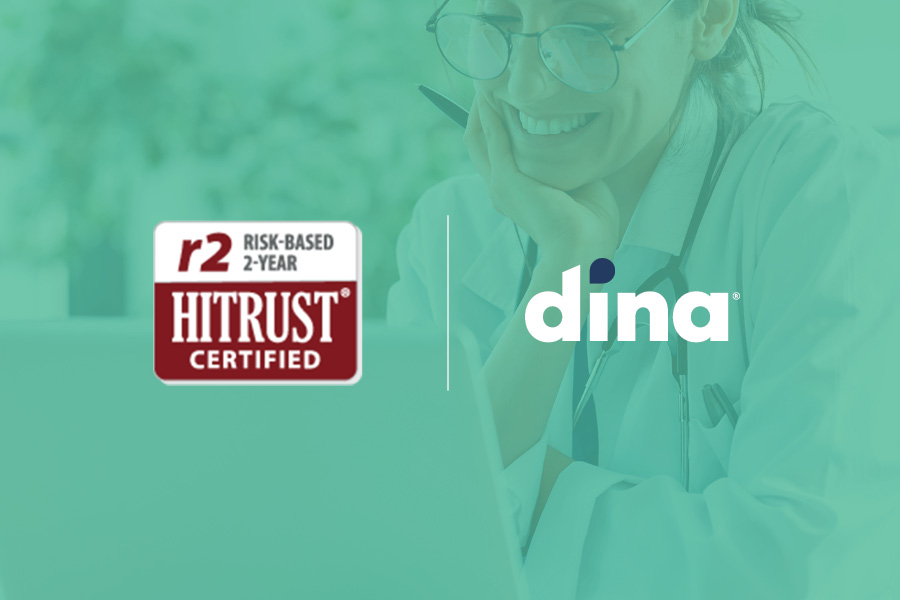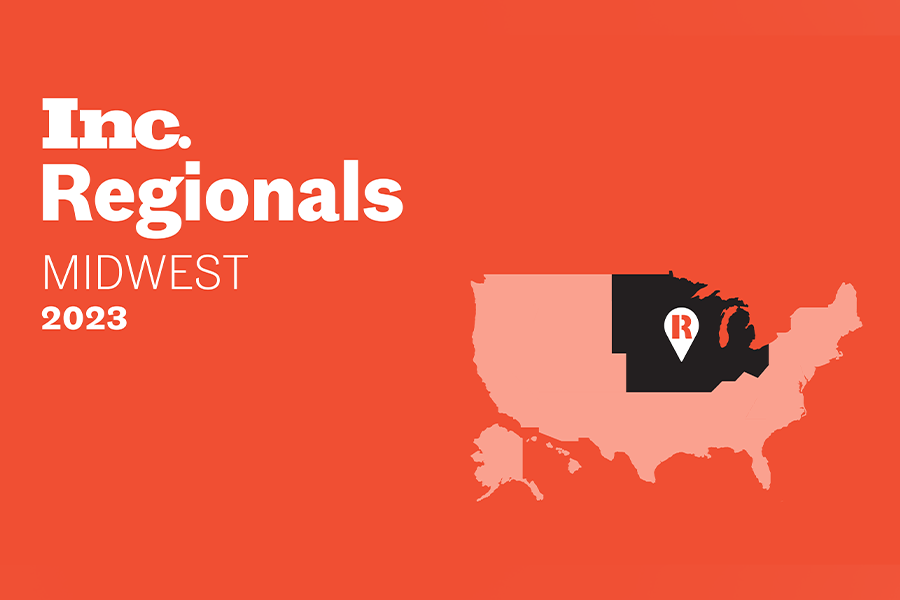If you have a chronic condition or care for someone with a chronic condition, you probably have had some difficulty trying to access and aggregate your electronic health information across multiple systems or providers. In order to move to value-based care, we have to have clinical and claims data available at the point of care. When it’s available, patients might make different decisions about their care than they do today.
In February, the Centers for Medicare & Medicaid Services (CMS) and the Office of the National Coordinator for Health IT released proposals to push more data into patients’ hands. Among other things, the CMS wants health plans doing business with the agency to give patients immediate electronic access to claims data by 2020. The agency also wants to mandate that hospitals immediately send an electronic notice when a patient is admitted, discharged or transferred.
“Consumers and their authorized caregivers should be able to easily get, use and share their digital health information when, where and how they want to,” says Ryan Howells, an Atlanta-based principal at Leavitt Partners, a health care consulting firm. “The regulatory construct is set. Now we need the business policy and technical infrastructure to make it happen.”
Howells talks about creating a new road map, empowering patients, and using data to drive change.
Talk about the benefits of getting more information at the point of care.
If you have a chronic condition or care for someone with a chronic condition, you probably have had some difficulty trying to access and aggregate your electronic health information across multiple systems or providers. Right now, you can get a snapshot but not a whole history. In order to move to value-based care, we have to get person-specific data to move –that means clinical and claims data available at the point of care. If you have a new physician, for example, you’d have all your clinical and claims history at your fingertips. When it’s available, patients might make different decisions about their care than they do today.
How does this work with the issues of interoperability?
We need to solve interoperability so we can exchange data across systems in a standardized way. Today, we are only sharing data within HIPAA. But we also need to exchange data to entities not covered by HIPAA, including third-party applications that can aggregate data on behalf of consumers. That’s never been done in a meaningful way. Business-to-consumer data has never happened in an easily digestible format, but when we do have access to it, we can use it to make better decisions.
What are some of the barriers of a consumer-directed exchange?
Consumer-directed exchange occurs when a consumer or an authorized caregiver invokes their HIPAA Individual Right of Access and requests their digital health information from a HIPAA-covered entity. But there are several barriers. A provider’s office might tell you it’s a HIPAA violation and they can’t turn over the information. And when they do, it’s 500 pages of electronic health records with data that isn’t standardized.
How do you keep information private and secure once it leaves a provider’s system and is sent to a consumer-facing third-party application?
Through the CARIN Alliance, we are working to develop industry consensus on a framework for how third-party applications will use, store, and manage data on behalf of consumers. (Leavitt Partners manages the CARIN Alliance, a non-partisan group working with the government to help advance consumer-directed exchanges across the country.).
Ryan Howells and Prepared Health COO Tim Coulter will be part of the panel discussion: “Mobile Apps Supporting Collaborative Care & Information Exchange: Examples, Uses and Usability,” on June 24 at the Collaborative Care & Health IT Innovations Summit in Baltimore. They will be available to answer questions immediately after the presentation or reach them here: Tim Coulter: tcoulter@preparedhealth.com; Ryan Howells: ryan.howells@leavittpartners.com.




